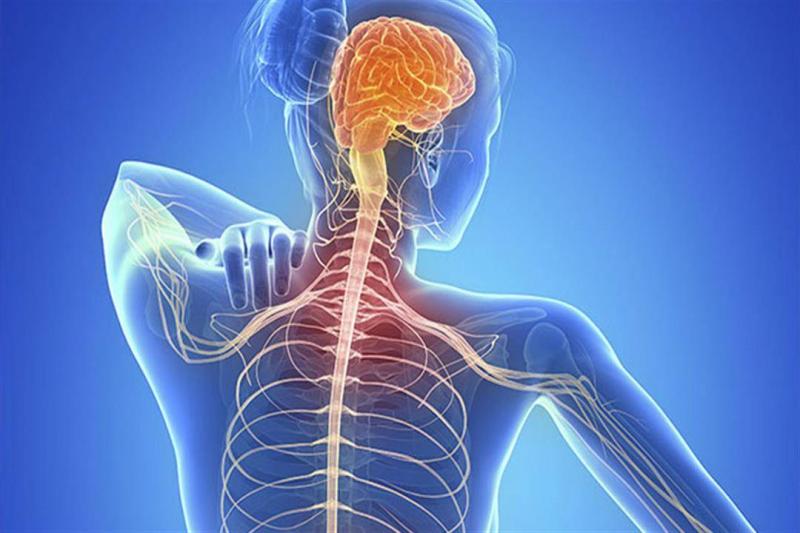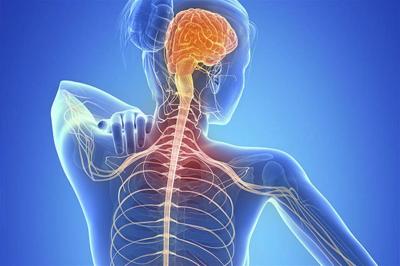A new study conducted on mice has found that childhood trauma can affect the progression of multiple sclerosis and its response to treatment in adulthood.
Researchers at the University of Illinois Urbana-Champaign discovered that mice that experienced stress and trauma as young were more likely to develop an autoimmune disorder and less likely to respond to common treatment. However, a treatment that activated immune cell receptors alleviated the effects of psychological issues in the mice. It is worth noting that multiple sclerosis is a progressive autoimmune disease that attacks the body and damages the protective layer around nerve cells, leading to a wide range of neurological symptoms, with both genetic and environmental factors playing roles in the disease's development and severity.
Makoto Inoue, a professor of comparative biosciences at the University of Illinois Urbana-Champaign, noted that previous studies have shown that exposure to psychological trauma early in life increases susceptibility to more severe multiple sclerosis, but researchers had yet to determine how this occurs. In the new study, published in the prestigious journal Nature Communications, the team studied a mouse model of multiple sclerosis that was genetically predisposed to experimental autoimmune encephalomyelitis, the most commonly used model to study multiple sclerosis.
The researchers observed the progression of multiple sclerosis in mice that were briefly separated from their mothers and given saline injections during infancy, comparing them to mice that did not experience the same stress or trauma. Yi Meng Hao, a graduate student and the study's lead author, stated, "The mice that experienced early psychological trauma were more likely to develop multiple sclerosis and suffered from long-term motor paralysis with severe neurological damage in the central nervous system, which we found was caused by an increased immune response.”
According to the researchers, the study tracked triggers of multiple sclerosis in the immune system, particularly a receptor associated with the stress hormone norepinephrine. They found that stress during childhood in the mice led to prolonged release of norepinephrine, and this receptor was activated for extended periods, reducing the effectiveness and ability of cells to express their functions, making the immune system less prepared to respond to the stress and inflammation caused by multiple sclerosis.
Importantly, the mice that developed multiple sclerosis following childhood stress did not respond to treatment with interferon beta, one of the primary treatments widely prescribed for individuals with multiple sclerosis. In contrast, the drug effectively prevented the development of multiple sclerosis in mice that did not experience childhood psychological stress.
Subsequently, the researchers treated the mice with a compound that enhances receptor responses, which prevented paralysis and slowed spinal cord damage. Additionally, the mice that received this treatment responded to interferon beta treatment, despite not responding to it previously. Inoue stated, "This work suggests that individuals who have experienced childhood trauma develop autoimmune diseases with symptoms and mechanisms that differ significantly from their peers without a history of childhood trauma, and they may require different medical treatment, including this receptor-activating treatment as a therapeutic drug for multiple sclerosis patients who have experienced such trauma."




